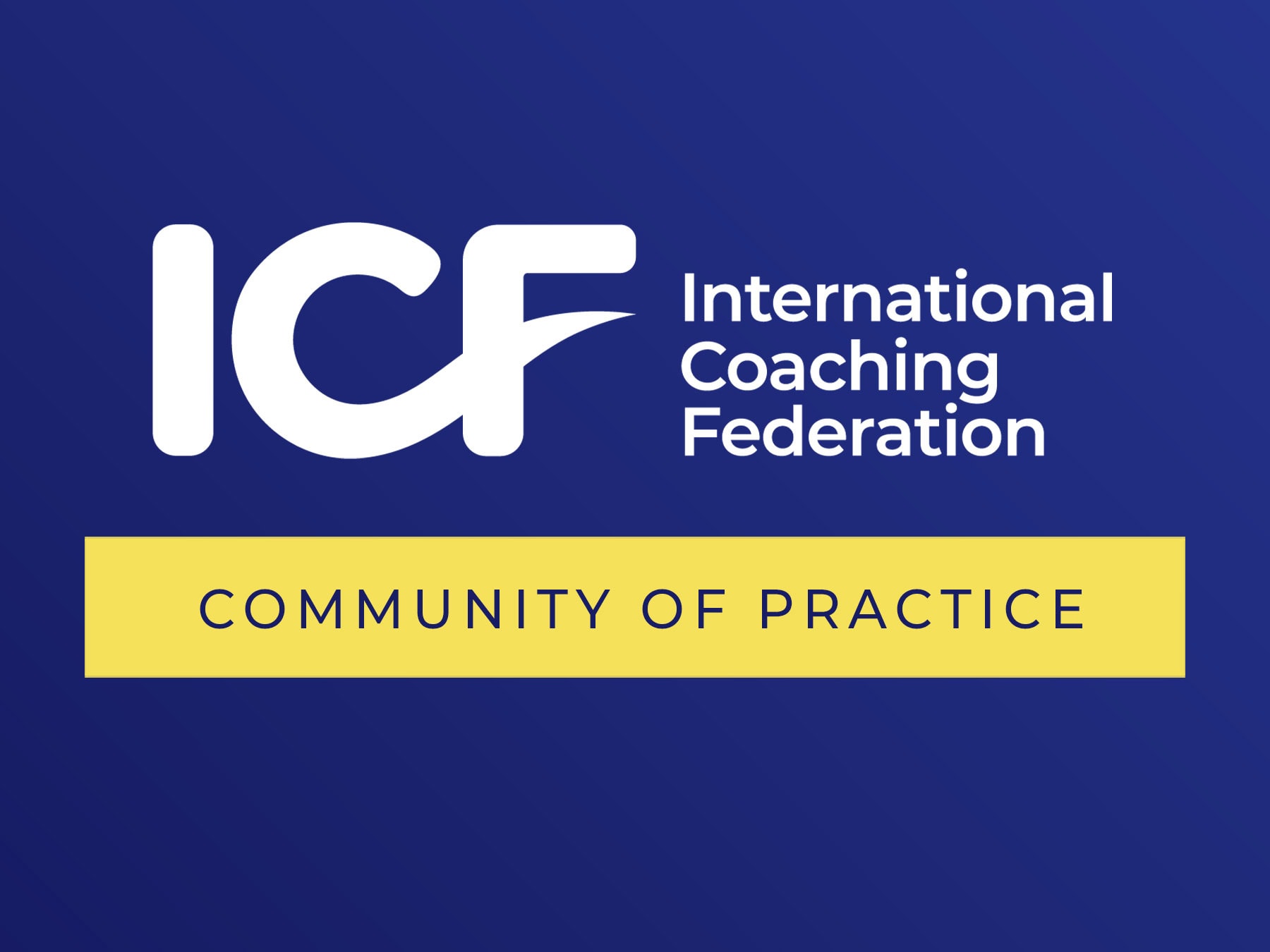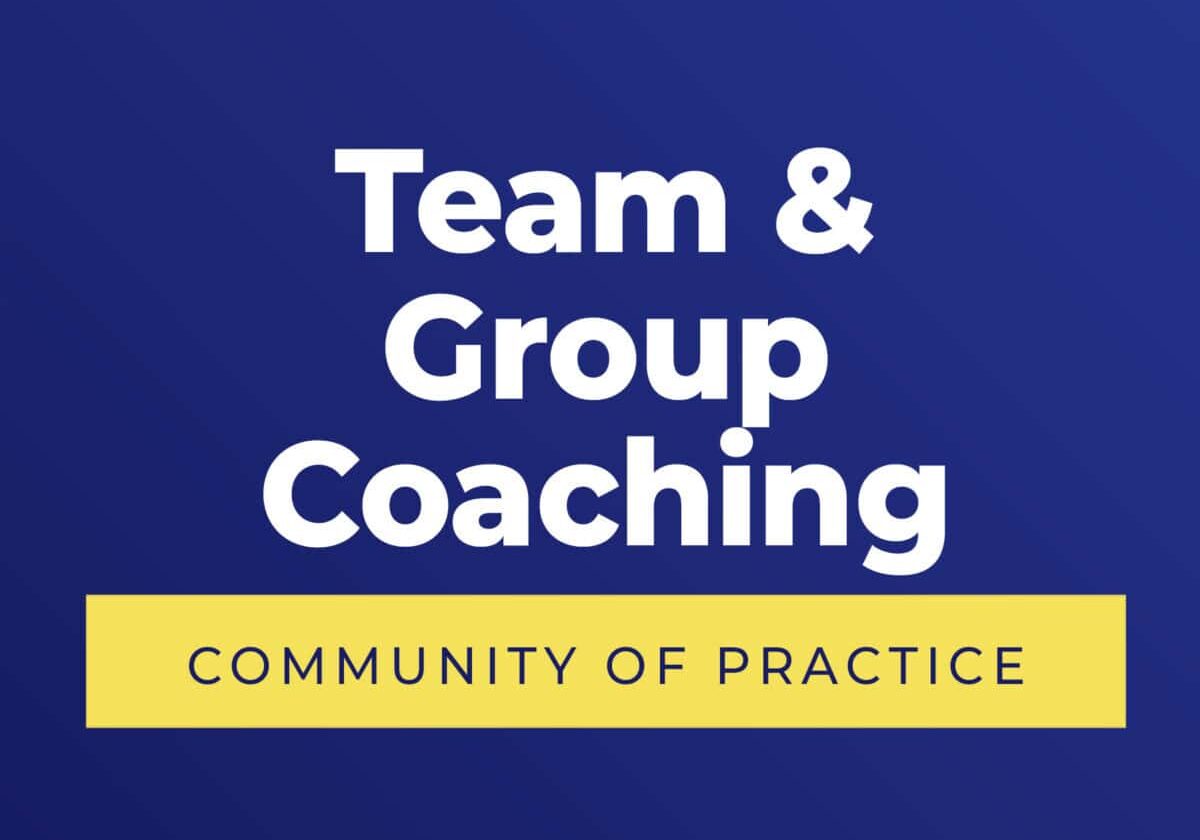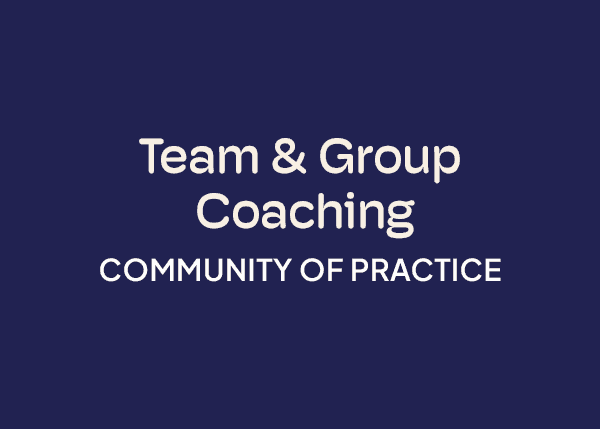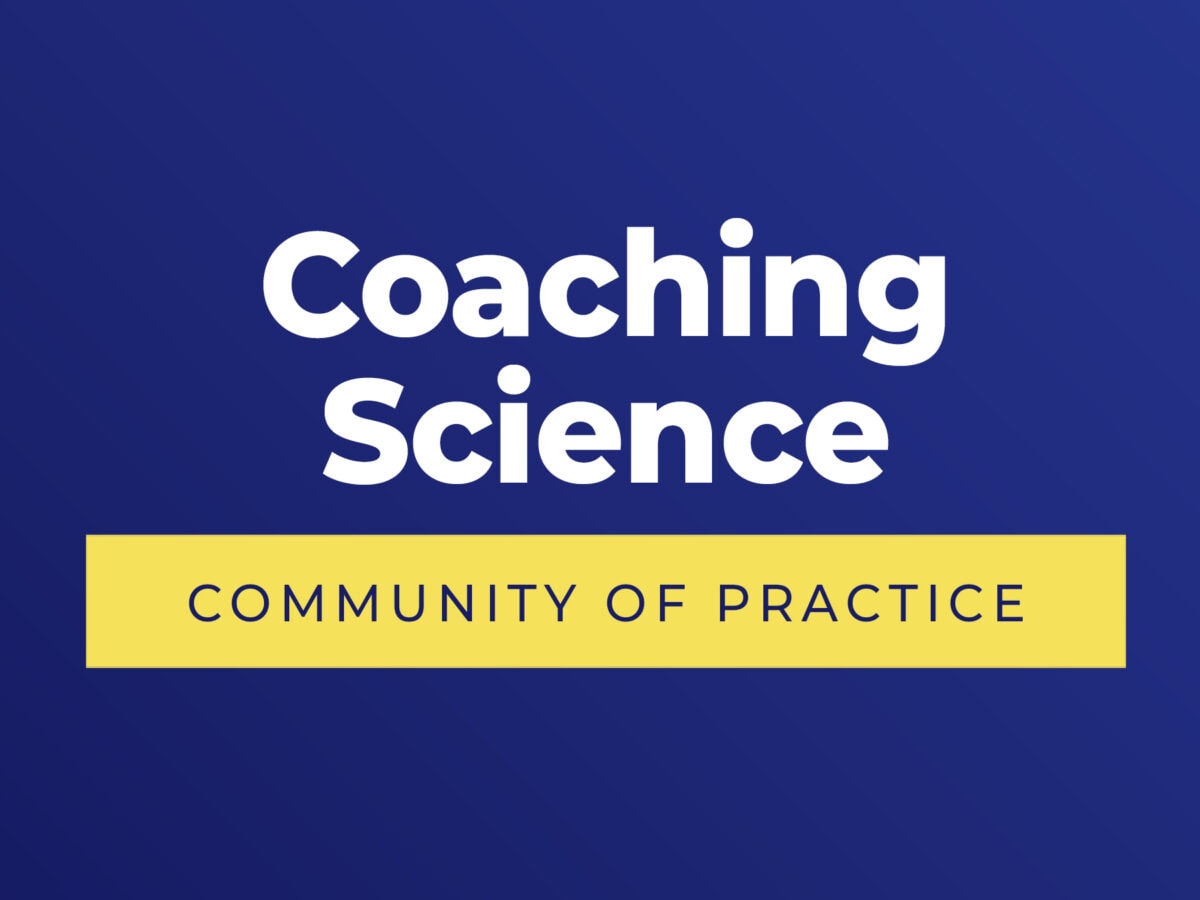Join the Team and Group Coaching Community of Practice and Ahmed El Aawar, PCC, to learn about the usage and applications of Team Coaching in Organizations Transformation. The world is continuously changing, and in order to stay on top of their game, organizations must speed up their transformations through efficient and productive teams. In this webinar, we will navigate how team coaching can integrate with other team development modalities to support organizational transformation.
Who Is This For?
- Team and group coaches who want to deepen their understanding of the role they can play in organizations
- New and experienced professional coaches who want to learn more about team coaching in organizations
What You Will Learn:
- Learn about the demands on organizations in a fast-paced world.
- Explore how team coaching can support necessary organizational transformations.
- Explore how team coaching can drive efficiency and productivity.
Course Details:
During this on-demand webinar, we will learn more about the role team coaching can play in organizational transformation.
The world is continuously changing, and in order to stay on top of their game, organizations must speed up their transformations through efficient and productive teams. In this webinar, we will navigate how team coaching can integrate with other team development modalities to support organizational transformation.
Topics
Communities of Practice
- Team & Group Coaching
Credit Type
Hours by Type
Delivery Method
Language

Communities of Practice
Related Events & Professional Development
The Balcony View: A Systems-Inspired Approach to Coaching
We invite you to step back from the dance of team dynamics and observe the wider system at play. In this experiential workshop, you will explore how a systems-inspired perspective helps teams and organisations access greater clarity, alignment, and creative potential. By learning to work from the “balcony view,” you will connect individual behaviours to patterns, relationships, and the broader organisational context.
ChatGPT for Career Coaches
Discover how to help your clients find their perfect career path, their most important resume keywords to beat the ATS, and their best interview prep plan of attack – all by choosing the right AI tools to complement your expertise!
What Comes After Growth Mindset
How we show up and interact, reveals what we value, what we fear, how we think and what we believe. In this session we begin by noticing. Notice how we tend to show up in conversation. We will explore four types of mindsets that influence how we engage in conversation. The characteristics produce an energetic signature. Our mindset influences tone, timing, and ultimately then, how others perceive our trustworthiness. By applying several of the ICF sub-competencies, learn how to notice when a judgement arises and pause to allow curiosity to bubble up so we can generate new awareness that is the seed of evolution. The session offers an opportunity to match mindset traits with a specific business context, key relationship(s), and professional experience, applied first to self and second to your client context.



